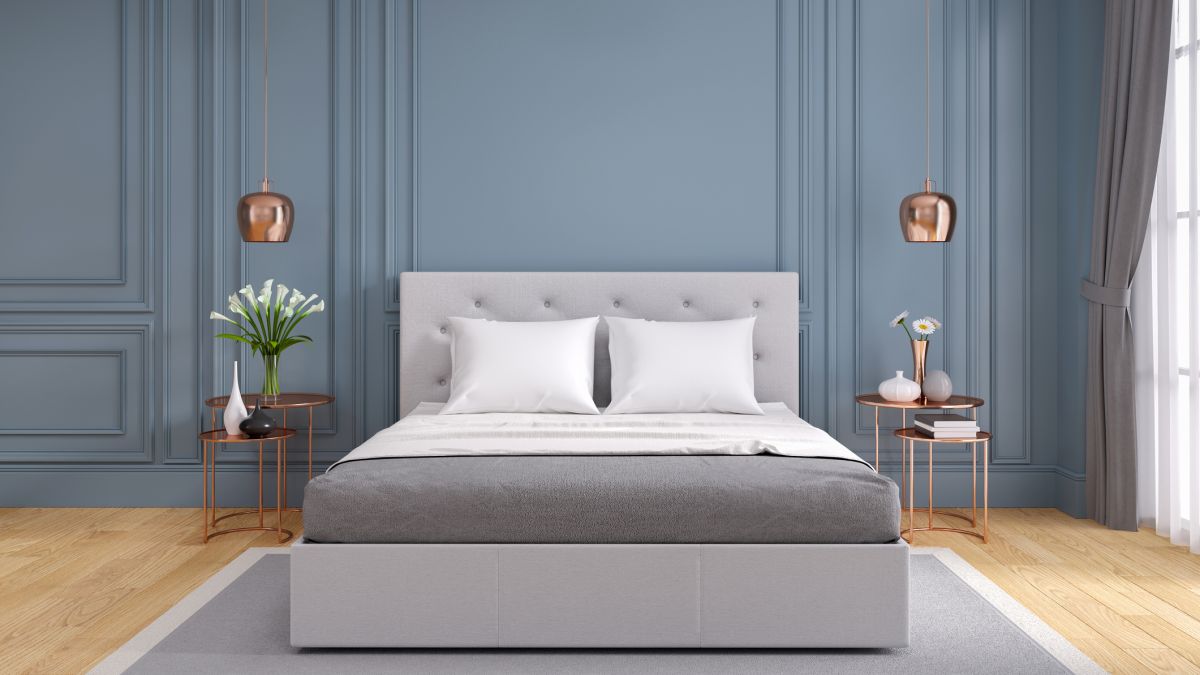A bedroom-promoting sleep can help you get better rest every night. This is an essential part of sleep hygiene, which refers to creating ideal conditions.
Unknown to many, a key element to good sleep isn’t just comfortable bedding– although that does play a role. Instead, it’s about considering the ambiance of your bedroom as well. This includes changing the lighting, sound, and smell to set the tone for relaxation. Doing so increases your chances of sleeping soundly through the night.
Lights
One way to improve the lighting in your bedroom is to switch out bright, harsh lightbulbs for soft ones and use blackout curtains or blinds to block out sunlight. It’s also beneficial to create a cozy atmosphere with candles or different colored lights before bed. Doing this will allow you to get in the right mindset for sleep.
Sound
It’s no secret that noise can disrupt your sleep. If you have difficulty sleeping in a noisy environment, try using white noise to block out any sound from outside and create a more calming atmosphere in the bedroom. You can buy a white noise machine or download an app on your phone for easy access. Additionally, earplugs can help if you’re in a boisterous environment.
Smell
The scent of your bedroom can also impact how well you sleep. To create a calming atmosphere, try essential oils like lavender or eucalyptus, which promote relaxation. You can spray them in the room or use an oil diffuser. Alternatively, you can buy scented candles or incense sticks to get the desired effect.
Comfortable Bedding
One of the essential steps to creating a bedroom that promotes sleep is ensuring comfortable bedding. This includes sheets, pillows, and a supportive mattress of the highest quality. Make sure your bed isn’t too soft or too hard; it should be suitable for supporting your body. Additionally, replace any old bedding with new ones at least twice a year. A Hypnos single mattress offers superior comfort and support throughout the night.
Air Quality
Although it might not be top of mind, the air quality in your bedroom is critical for your health. Studies have found that better sleep is linked to ventilation and fresher air, while issues like mold buildup are related to insomnia and excessive daytime sleepiness.
To prevent mold growth, ensure proper ventilation and avoid excess humidity. To reduce dust mites, clean regularly. If you’re allergic to something in your home, speak with a doctor about what else you can do, like using hypoallergenic bedding or an air purifier.
Final Thoughts
By making these simple changes to your bedroom, you can create an environment conducive to sleep and to wake up feeling refreshed. Investing in quality bedding is especially important for getting a good night’s rest, so make sure you do it right! Good luck creating your sleep sanctuary!
